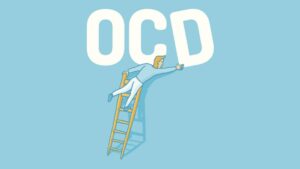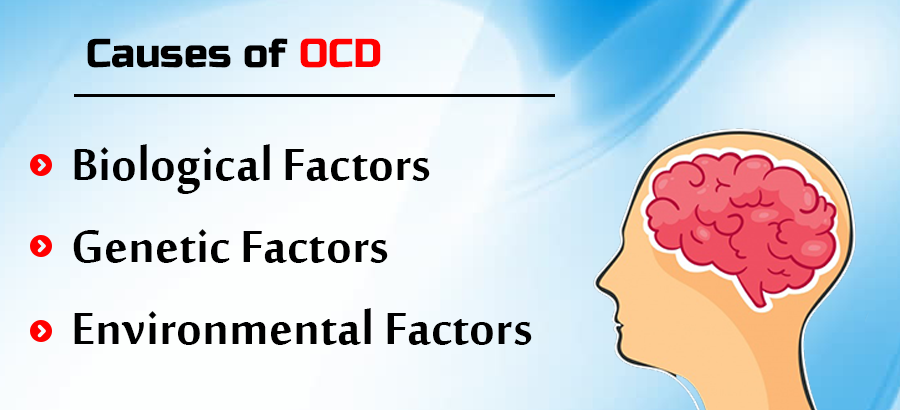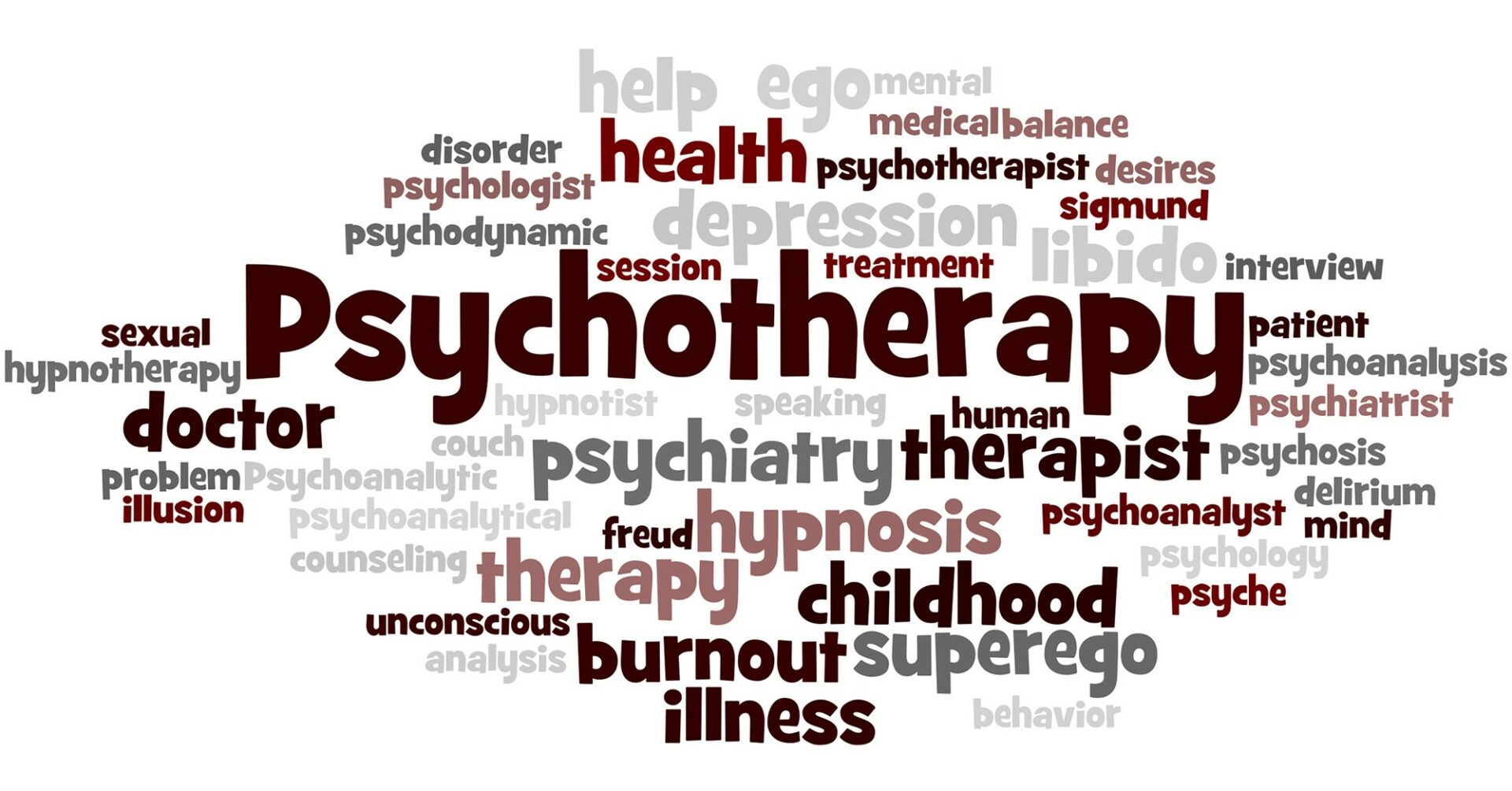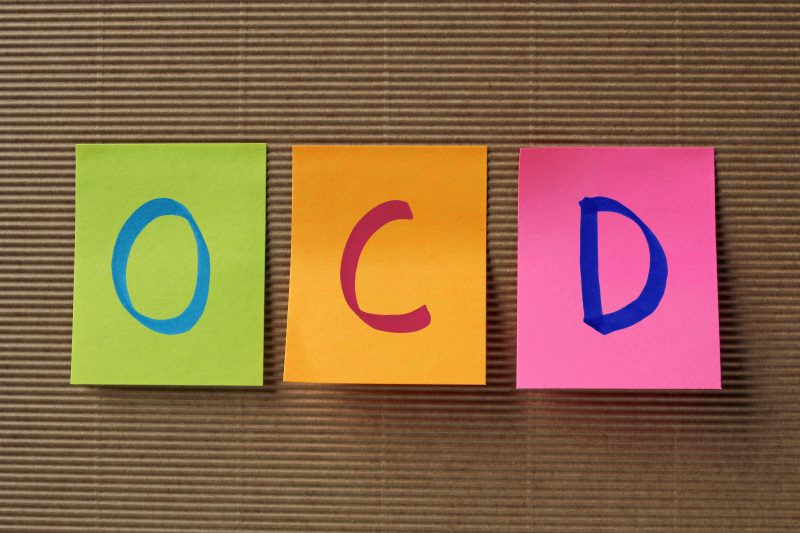Obsessive-compulsive disorder (OCD) is a mental disorder in which the person has extreme thoughts and fears about contamination and order. These thoughts cause repetitive behaviors. OCD is not all about hand washing, it also includes thoughts about symmetry, numbers, and other things that are not normal. In this article, we will cover the signs of OCD, the causes of OCD, how it is diagnosed, and what it feels like to live with OCD.
Contents
What Is OCD Disorder?
 Obsessive-compulsive disorder (OCD) is a mental disorder characterized by intrusive thoughts and repetitive behaviors or mental acts.
Obsessive-compulsive disorder (OCD) is a mental disorder characterized by intrusive thoughts and repetitive behaviors or mental acts.
OCD has many variations, but the common symptoms are obsessive thoughts that lead to compulsive behaviors. These behaviors can be things like cleaning, counting, hoarding, checking, and repeating.
Many people have OCD, but it’s not something that most people talk about openly. They may hide their symptoms because they’re embarrassed or afraid of what others might think of them. This is why it’s important to talk about OCD in a way that’s open and honest so those who have it know they’re not alone and they can get the help they need.
Signs of OCD Disorder

OCD is a mental disorder that causes people to have an obsessive and compulsive need to perform certain behaviors. It can cause people to repeatedly wash their hands, check the door locks, or count objects.
OCD affects how people see themselves. They may feel like they are not living up to their potential because they are constantly worried about doing something wrong. In some cases, OCD can also be linked to anxiety and depression.
Some of the signs of OCD Disorder are:
Constantly check things (e.g., locks, appliances, that the oven is off)
Need to have things in a particular order
Avoidance of risk or harm
Repeated actions (e.g., hand washing, checking)
Preoccupation with orderliness
Unwillingness to delegate tasks
Excessive concern over making a mistake
Intolerance of uncertainty or ambiguity
To meet the criteria for OCD, an individual must have obsessions and/or compulsions.
An obsessive thought or preoccupation with fear that is persistent, unprovoked, and intrusive is a symptom of OCD.
The individual may also experience compulsive behaviors that are meant to neutralize this fear.
Causes of OCD Disorder

Obsessive-compulsive disorder, or OCD, is a mental health condition that affects millions of people around the world. OCD can cause a person to have intrusive, unwanted thoughts (obsessions) and to perform repetitive behaviors (compulsions) in an attempt to relieve anxiety.
There is no one cause of OCD, but it is thought to be a combination of genetic and environmental factors. Some of these causes are:
Genetics
It has been found that a person with a parent or sibling who is affected by OCD runs a 10-20% chance of getting the same genetic predisposition. Unfortunately, if you have an immediate family member with OCD, it does not mean that you will also have to face this mental health condition.
Brain Chemistry Imbalance
Many studies have shown that genes alone do not cause OCD; other factors like brain chemistry imbalances and environmental triggers can influence the development of the condition. Brain chemistry makes a difference in the development and expression of OCD. Studies have found that low levels of serotonin and dopamine, which are chemicals that impact mood, can transform into compulsive behaviors.
Environmental Factors
Environmental Triggers are other factors that can contribute to the development of OCD. For example, family stress has shown to be a powerful environmental trigger for those with OCD. Abuse and Trauma can be a trigger for those with OCD as well. When someone is suffering from childhood trauma, such as sexual or physical abuse, they may come to fear stimulant-based anxiety challenges. This is because they have learned that these types of experiences can give them a sense of powerlessness, and the fight-or-flight response takes over. People with OCD might also be triggered by sexual abuse if their obsessions are about not being good enough for others.
Stress and Anxiety
Stressful life situations or trauma can trigger stress-related symptoms such as obsessions and compulsions. , headaches and stomach aches, difficulty concentrating, muscle tension, sleep disturbances and irritability, and fears. Some people experience anxiety or distress because their fears are not realistic or based on false information. They often react to these thoughts by avoiding certain situations that have the potential to trigger their fear.
Negative Impacts of OCD Disorder

Sometimes OCD can have negative impacts on people’s life. Some of these negative impacts can be:
Relationship Issues
Another negative impact that can be an outcome of OCD disorder can be relationship issues. These relationship issues are caused due to the continuous fear of doing sinful behaviors which ultimately leads to being shunned by society. These also lead to feeling isolated, which can cause depression. Sometimes these relationship issues have interfered with their ability to get married.
Difficulty In Studies
Another negative impact that can be an outcome of OCD disorder is interference in the educational process. The fear of doing sinful behaviors can cause these individuals to avoid school, which can cause them to drop out of school or not do as well in school as they might have been able to otherwise. These work and studies-related issues can have a detrimental impact on the individual in many ways.
Mental Health Issues
Another negative impact that can be of OCD is mental health disorders like depression, anxiety, bipolar, and schizophrenia. As you can see from the description of OCD, there are a lot of similarities between OCD and mental health disorders. One is that they both cause excessive worrying and obsessing over certain thoughts or fears leading to physical effects on the body. Another one is that they both cause social withdrawal as well as avoidance of certain situations.
Avoidant Nature
Another negative impact that can be of OCD Disorder is avoidance in nature which can result in not just compulsive rituals, but also a lack of participation in other areas of life sometimes resulting in social isolation.
Post-Traumatic Stress Disorder (PTSD)
One negative impact that can happen with OCD is Post Traumatic Stress Disorder which can potentially occur after being exposed to a traumatic event. This disorder presents itself through distressing memories, flashbacks, and worries about what could happen again. Not all OCD patients are characterized by intrusive thoughts or experiences of terror, when someone has agoraphobia they will often find themselves with a fear of being in places that they associate with danger.
Suicidal Thoughts
Although suicidal thoughts are not a common outcome of OCD, they can happen. As with any other mental disorder, there is no way to be sure that a person’s thoughts of suicide are related to their OCD. The thoughts may be related to OCD symptoms and, thus, treatable. Self-harm can also be an outcome of OCD, but it is not as common and is a different disorder in the DSM. Some people may experience depression or suicidal thoughts, which could be related to OCD.
Diagnosis of OCD Disorder

Many different mental disorders can be difficult to live with, but OCD can be especially debilitating. This mental disorder is characterized by intrusive, unwanted thoughts (obsessions) and/or repetitive behaviors (compulsions) that the sufferer feels they cannot control. OCD can interfere with work, school, and personal relationships. The diagnosis of OCD is based on the presence of three or more of the following symptoms:-obsessions (intrusive thoughts that are difficult to control)-compulsions (repetitive behaviors that are difficult to control)-distress about the obsessions or compulsions For adults, at least one of these symptoms must be present in addition to the presence of obsessions or compulsions.
The diagnosis of OCD disorder can be done through a psychiatric examination. There are many other self-tests such as the Yale-Brown Obsessive Compulsive Scale (Y-BOCS) and The Yale-Brown Obsessive Compulsive Inventories. These self-tests are also useful for assessing the severity of OCD symptoms.
A diagnosis of OCD has been made through observation and history that the patient has recurrent intrusive thoughts, images, or urges that are disturbing and would be difficult to stop. The person will often perform an act that they make sure makes their thoughts go away, like washing their hands repeatedly or checking the locks on doors repeatedly. To reduce their distress, they have to perform the compulsive act.
If you think you might have OCD, it’s important to seek professional help. A psychiatrist or other mental health professional can do a thorough evaluation and give you a diagnosis.
Treatment of OCD Disorder

Treating OCD Disorder is very important. There are many different options for the treatment of OCD disorder. Some of these ways are:
Medications
One of the most common ways to treat OCD Disorder is through medications. Some of these medications are serotonin reuptake inhibitors (SRIs), serotonin and norepinephrine reuptake inhibitors (SNRIs), and atypical antipsychotics. These medications are also used for other purposes and are typically used for depression, generalized anxiety disorder, and obsessive-compulsive personality disorder.
Serotonin reuptake inhibitors are antidepressants that increase the availability of serotonin in the brain. Prozac is one of the most common antidepressant medications.
Nortriptyline is a tricyclic antidepressant (TCA) that is used to treat depression, obsessive-compulsive disorder, and anxiety disorders. It can reduce the symptoms of these conditions, but has not been shown to work for bipolar disorder or schizophrenia.
Exposure and Response Prevention (ERP)
This type of therapy is used to treat OCD Disorder by gradually exposing the person to their fear or anxiety until they feel comfortable in doing so. For example, if a person feared that they were contaminated with germs, that would typically be done by washing hands repeatedly in public places. The goal of this technique is to desensitize the person to their fear and it is often done with other techniques such as exposure therapy.
Cognitive-Behavioral Therapy (CBT)
Cognitive-Behavioral Therapy is another type of therapy that can help individuals, couples, and families with a variety of issues. It is the most commonly used psychotherapies for anxiety and depression. Cognitive-behavioral therapy (CBT) is a psychotherapy that helps individuals recognize when their thoughts, feelings, and behaviors are not helpful or healthy for them. CBT can help improve decision-making skills as well as responses to stressful situations. It is commonly used to treat mental health disorders such as depression, anxiety, and bipolar disorder.CBT is based on the idea that an individual’s thoughts can have a significant impact on how they feel and behave.
Dialectical Behavioral Therapy
DBT is another therapy that can help to treat OCD disorders. DBT works by helping to train people’s responses and reactions. The therapist uses their experience, knowledge, and skill to help the client gain insight into their thoughts, feelings, and behaviors. This type of therapy makes the client’s life more manageable by teaching them how to respond in healthy ways.
Support Groups
Support groups are another way to treat OCD Disorders that helps OCD, by supporting someone who has OCD and helping them. There are many types of support groups that are also available to help with other OCD disorders. Offline and Online support groups are available.
Self-Care
Another treatment option for OCD disorder is self-care. Taking care of one’s self through different self-care activities such as taking a bath, reading, or meditation can reduce anxiety and symptoms. Some of these activities can help OCD disorder to also get better.
How To Help Someone With OCD Disorders?

Helping someone with OCD Disorders is very difficult. There are many ways how to help someone with OCD, but all of them require time, patience, and understanding. Some of these tips are:
Listen To Them
Listen to someone always helps. To help someone you should listen to that person. You can try listening to them in the first place. If you can’t find them then listen to people who they talk to or listen to the news. Many a time it’s hard to listen to people. If you can’t find the time to listen then try doing something else. Maybe it’ll help them feel comfortable talking about themselves.
Give Time To Yourself
To help someone, giving time to yourself is very important. There are many ways to give time to yourself like reading, walking, exercising, and just relaxing. You can relax and not worry about stressful situations. It is good for your mental health. You will be less stressed out and calmer in a stressful situation.
Be Patience
Patience is something that you should practice to help someone. Patience always plays a role in any relationship. People need to be patient with each other, don’t rush things, and wait for them to say what they mean when they have time. Avoid lying because it is not fair to you or the person you are talking to. People must tell the truth no matter how bad of a reaction they get because if someone lies, sooner or later it will come back to them.
Be Understanding
Being understanding always helps someone to help them overcome OCD Disorders. Sometimes being understanding also helps the person helps. Saying things like “you’re just doing your best” or “it’s a struggle for you, so you have to learn how to cope” is being understanding.
Conclusion
OCD Disorders are very general mental health disorders that can be found in many people. OCD Disorders are also a result of the brain trying to cope with certain events and are a common mental health condition that many people have. There may be many people who experience OCD who have not had a traumatic event as the cause. These disorders are a result of the brain trying to cope with certain events. Diagnosing OCD disorders are difficult because there are many different types and it is hard to figure out what causes them. There may also be many treatment options that can be used to help with OCD.
Hope this article was of help to you! If you are suffering from OCD, you may seek help from Therapy Mantra. We have a team of highly trained and experienced therapists who can provide you with the tools and skills necessary for overcoming OCD. Contact us today to schedule an online therapy or download our free OCD treatment app on Android or iOS for more information.


